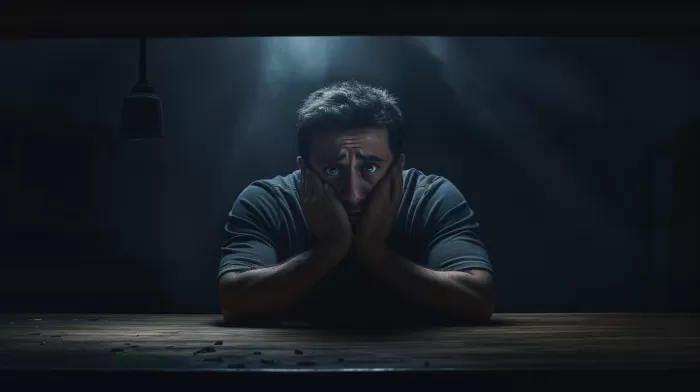Restless Leg Syndrome (RLS) may be a relatively harmless condition, but research shows it carries serious risks. People diagnosed with RLS face a 40% increased likelihood of dying in the next eight years and a 43% higher chance of dying from heart disease in the next decade.
Alarmingly, a recent study from Penn State University reveals an even more significant risk: suicide. After analyzing data from over 24,000 people with RLS and more than 145,000 without the condition, researchers found that those with RLS had a 270 times higher risk of suicide and self-harm. Despite RLS causing insomnia and being linked to depression, the researchers accounted for these factors and found that RLS increases suicide risk independently of other variables.
So, what can be done if you have RLS? Although there is no definitive cure, some people with RLS have managed to put their condition into remission. To start, check if you have an iron deficiency – it can trigger restless legs but is easily treatable.
If your iron levels are healthy, consider making the following lifestyle changes to alleviate your symptoms:
- Cut out caffeine, alcohol, and tobacco: Many people find their symptoms worsen when they consume these substances.
- Get more exercise: RLS is more common in sedentary and overweight individuals. Research indicates that resistance training, aerobic exercise, yoga, and stretching can all improve symptoms.
- Review your medications: Some treatments, such as lithium, SSRIs, dopamine antagonists, and tricyclic antidepressants, can exacerbate RLS symptoms. Talk to your doctor about alternative options, although some of these drugs do, paradoxically, help treat RLS.
- Try massage or acupuncture: These treatments can potentially ease RLS symptoms, but at the very least, they will help you relax. Research has shown that acupuncture can improve symptoms for many people.
In addition, it’s worth considering therapy to address the depression and insomnia that can accompany RLS. Cognitive-behavioral therapy, in particular, has been shown to help people with RLS improve their coping strategies. You can find a cognitive-behavioral therapist through databases like Psychology Today.



